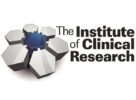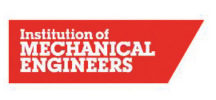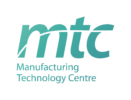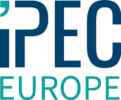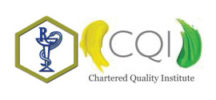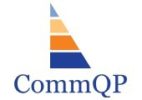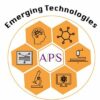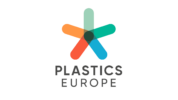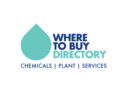Presentation based on this published Blog:
Helium crisis revisited
Are we on the cusp of a helium crisis? There are many examples of scientists predicting that global helium reserves will be depleted in 20 to 35 years but we don’t believe this is credible. The Mineral Commodities Summaries 2023, produced by the US Geological Survey, part of the US Department of the Interior, reports that global reserves of helium total 39,850,700 million cubic metres. The Geological Survey has very detailed accounts of reserves and production, but it does not give consumption figures. If we assume consumption is equivalent to the production of 160,000 million cubic metres, then reserves for 249 years are calculated [4]. Based on 2019 data [1], supplies are adequate for an estimated 335 years,
The largest terrestrial helium reserves are in the US. In 2022, the US was responsible for 46.9% of global production4. About 75% of this helium is extracted from natural gas of the Panhandle-Hugoton field, which straddles Texas, Oklahoma and Kansas. This natural gas is helium-rich, with an average concentration of 0.586% [2]. Helium has been found in concentrations as high as 8% in some global sources of natural gas. In the US, the lowest practical helium concentration that can economically justify extraction is about 0.3% [3]. Qatar is the second-largest producer, with 37.5% of global production in 2022. The US and Qatar together accounted for 84.4% of world production in 2022, followed by Algeria (5.6%), Russia (3.1%) and Australia (2.5%) [4].
According to many sources, we are still being affected by a helium shortage that began in 2019 as a result of the prolonged closure of the world’s largest purification facility in the US and critical maintenance at another two of the world’s eighth-largest purification plants. This became more pronounced in 2021 and 2022. The price of helium saw an increase of 300% between 2000 and 2020.
References
1. LCGC blog, 11/4/22. https://www.chromatographyonline.com/view/not-another-helium-crisis-
2. Brown, A (2019). Origin of Helium and Nitrogen in the Panhandle-Hugoton Field of Texas, Oklahoma and Kansas, US. AAPG Bull. 103 (2), 369–403. doi:10.1306/07111817343
3. National Academies of Sciences, Engineering and Medicine (2000). The Impact of Selling the Federal Helium Reserve. Washington, DC: The National Academies Press. https://doi.org/10.17226/9860
4. Mineral Commodities Summaries 2023, US Geological Survey, US Department of the Interior. https://pubs.usgs.gov/periodicals/mcs2023/mcs2023.pdf
 Dr John Henderson Technical Communications Specialist - Britest Limited
Dr John Henderson Technical Communications Specialist - Britest Limited



















